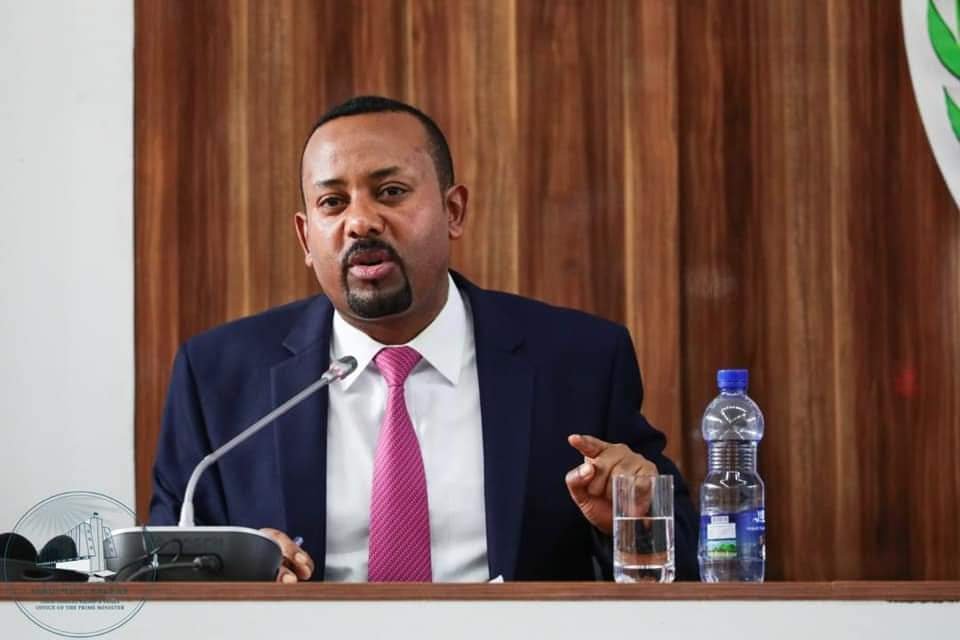NAIROBI (Reuters) – Ethiopia’s Prime Minister on Thursday pursued a plan to return displaced people to their homes following ethnic violence, meeting communities who recently went home, as relief workers voiced fears that the initiative could provoke fresh violence.
Abiy Ahmed, who took office in April 2018, has won international plaudits for announcing bold reform pledges, but the blossoming of political freedoms over the past year has been accompanied by a surge in ethnic violence.
Rivalries between ethnic groups — once repressed by a state with an iron fist — have exploded into the open, and the United Nations says 2.4 million Ethiopians are currently displaced due to these conflicts. More people were displaced last year in the Horn of Africa nation than in any other country, according to data published this month.
Earlier this month the government announced it was scaling up its plan to return displaced people to their homes as soon as possible, a message Abiy reinforced on Thursday when his office published photos of him speaking with people from the Gedeo and West Guji areas in southern Ethiopia who had recently returned to their homes.
The area was the site of brutal violence last year — Reuters spoke in August to the family of a coffee farmer whose limbs were chopped off by a mob of young men. [L8N1VD2UM] About 700,000 people fled ethnic violence in the area last year.
Abiy’s delegation, which included his Minsiter of Peace Muferiat Kamil, provided the communities with building materials to rebuild their homes — razed last year during the violence — and the prime minister planted seedlings, according to a statement from his office.
The upbeat message contrasts with the views of aid groups and experts who say many of the displaced people are terrified by the prospect of returning to their homelands now, before the causes of the violence along ethnic lines have been resolved.
“Pushing people to return to their home communities prematurely will only add to the ongoing suffering,” Refugees International said in a statement his month in response to what it called the government’s “forced returns”.
“There is a risk of further violence that stems from the very ambitious return targets,” said William Davison, senior Ethiopia analyst at the International Crisis Group.
“The problem is there may be lingering resentment and disputes over land and property if adequate work has not been done to assess the situation for returnees and ensure relations have improved,” he said.
An aid worker who spoke on condition of anonymity due to tensions between aid groups and the government over the plan said that displaced people “don’t have a voice” in the matter — contradicting the government’s repeated assertions.
The person said that in the past two weeks the government has deployed soldiers in the Gedeo area to dismantle camps, telling people who fled violence last year in the Guji area that they must bundle up their few belongings and head home or have them destroyed.
The Prime Minister’s office did not immediately reply to a request for comment on whether the army has been involved.
(Reporting By Maggie Fick, Editing by William Maclean)


























